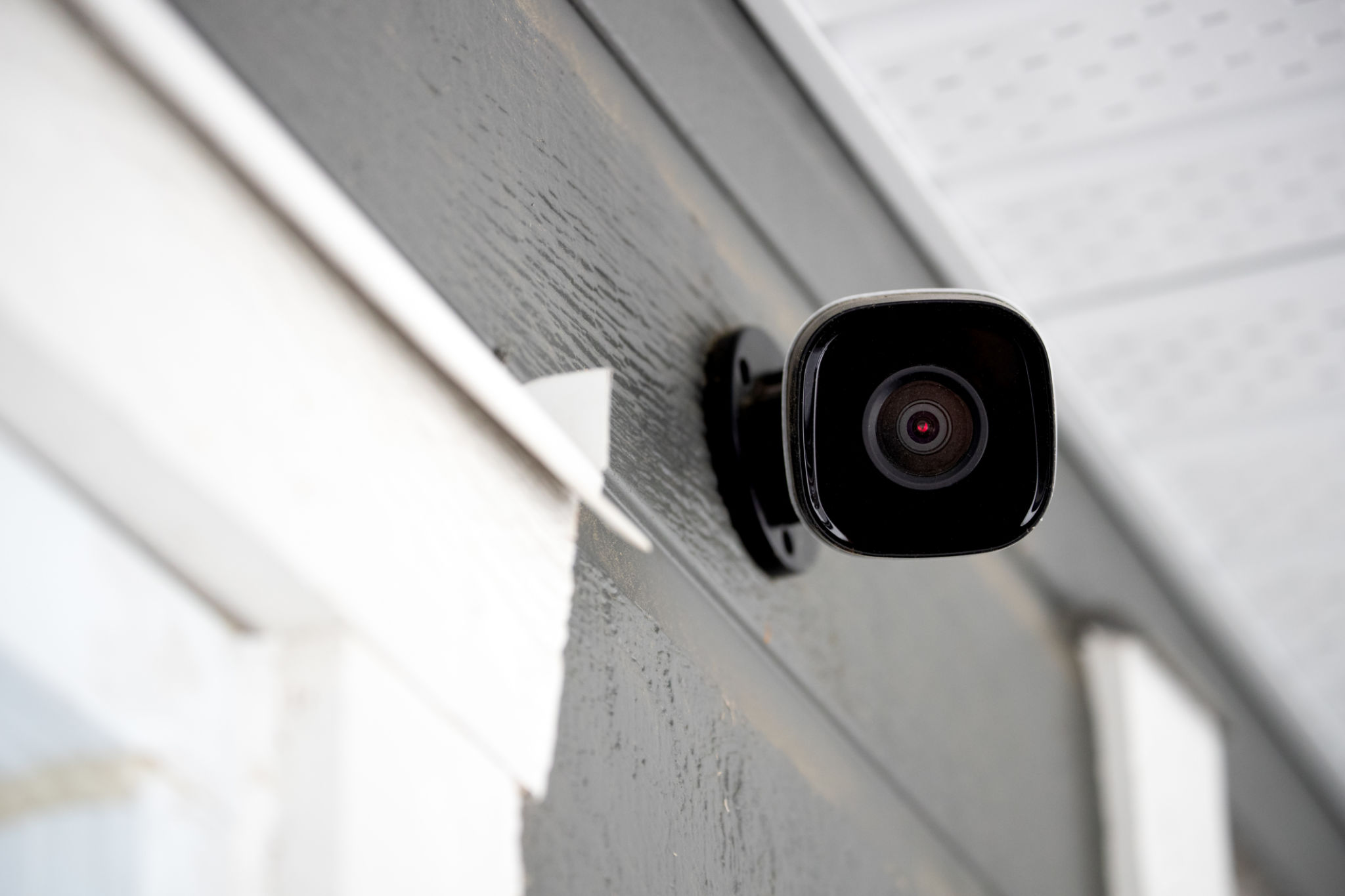Home Security Systems: Wired vs. Wireless – Which is Right for You?
Understanding Home Security Systems
When it comes to safeguarding your home, choosing the right security system is crucial. Home security systems are broadly categorized into two types: wired and wireless. Each has its own set of advantages and potential drawbacks, making it essential to understand which system aligns best with your needs and lifestyle. In this post, we'll explore both options to help you make an informed decision.

Wired Home Security Systems
Wired security systems have been around for decades and are known for their reliability. These systems use physical cables to connect sensors and cameras to the central control panel. This hardwired connection often translates to a more stable and consistent performance, as it is less susceptible to interference from other electronic devices.
One of the significant benefits of wired systems is their dependability. Since they do not rely on radio frequencies or batteries, they are less prone to interruptions. However, the installation process can be more complex and costly, often requiring professional assistance. This can be a drawback for those who prefer a DIY approach.
Wireless Home Security Systems
Wireless security systems have gained popularity due to their ease of installation and flexibility. These systems use radio signals to communicate between the sensors, cameras, and control panel, eliminating the need for extensive wiring. This makes them an attractive option for renters or homeowners who do not want to alter the structure of their homes.

The primary advantage of wireless systems is their simplicity and portability. They can be easily moved and reconfigured, which is ideal for those who frequently relocate. However, they do rely on battery power and can be susceptible to signal interference, which may affect their reliability.
Factors to Consider When Choosing
When deciding between wired and wireless systems, consider the following factors:
- Installation: Wired systems often require professional installation, while wireless systems can usually be set up by the homeowner.
- Reliability: Wired systems are generally more reliable but lack the flexibility of wireless systems.
- Maintenance: Wireless systems require regular battery changes, whereas wired systems might need less frequent maintenance.
- Cost: Initial costs for wired systems can be higher due to installation, but wireless systems might incur ongoing costs for battery replacements.
Security and Connectivity
Both wired and wireless systems offer various levels of security features and connectivity options. Wired systems are often considered more secure due to their physical connections, which are harder to disable. Wireless systems, on the other hand, offer more advanced features like remote monitoring and smart home integration.

Many modern wireless systems allow you to monitor your home via smartphone apps, providing real-time alerts and the ability to control your system remotely. This convenience can be a significant advantage for tech-savvy homeowners who desire constant connectivity and control.
Making Your Decision
Ultimately, the choice between wired and wireless home security systems depends on your specific needs, budget, and living situation. If you prioritize reliability and have a permanent residence, a wired system might be the best choice. However, if you value flexibility and ease of installation, a wireless system could be more suitable.
Consider your lifestyle, the layout of your home, and your long-term plans when making your decision. Whichever system you choose, ensuring your home is protected will provide peace of mind and security for you and your loved ones.